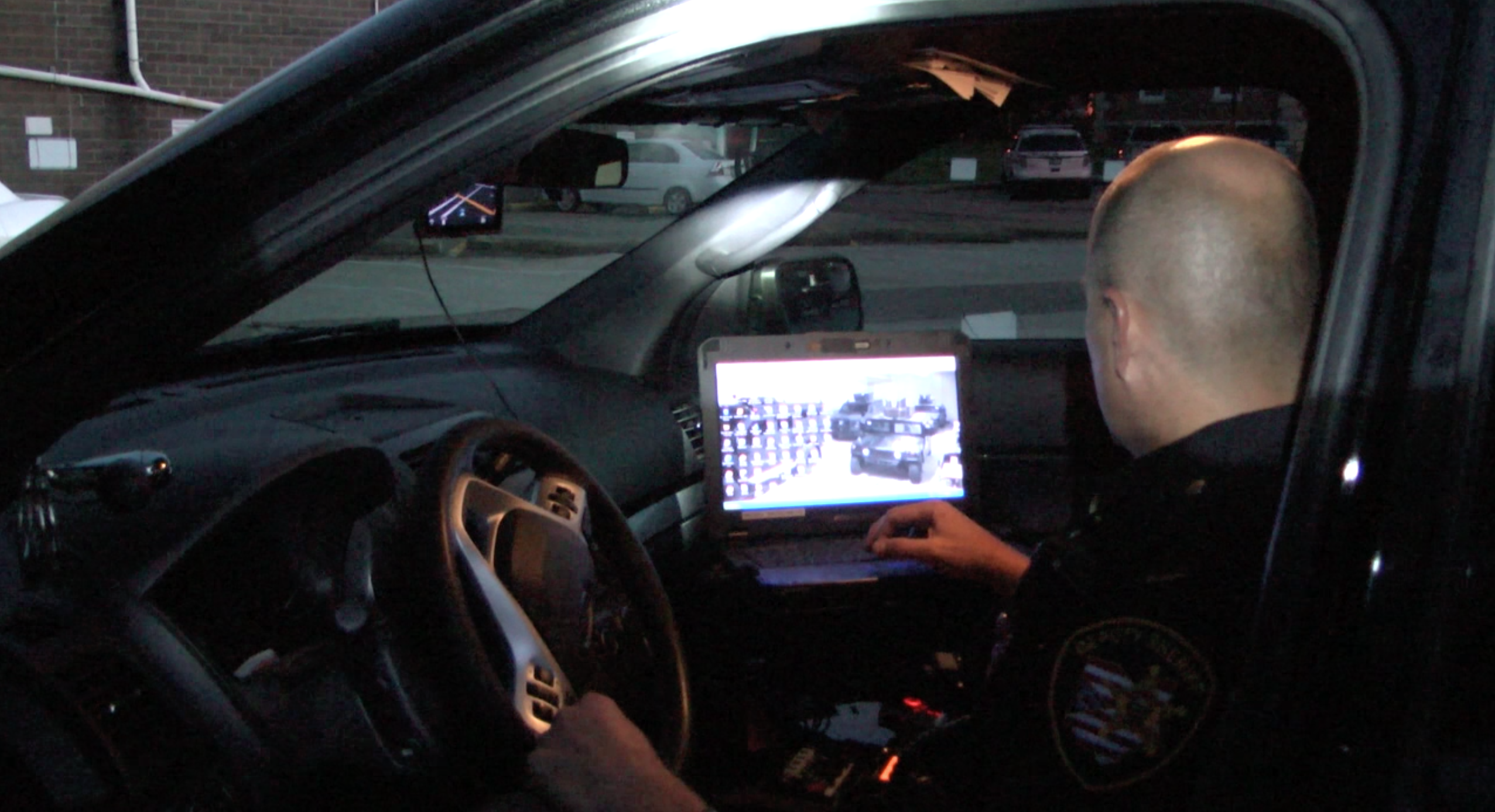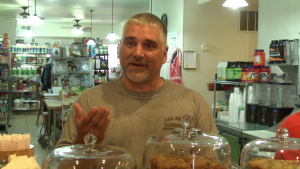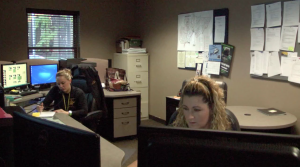News Uncategorized

Speed of 911 Services at Stake on Washington County Ballot
By: Sarah-Jane Lorenzo
Posted on:
When the building beside Rob Gilliand’s Marietta business caught fire, he found that extinguishing the budding flames with liters of Pepsi was faster than waiting for first responders.
In an emergency situation, seconds can mean the difference between a small fire and a blaze that swallows a house. A levy on the Washington County ballot this November proposes a property tax increase that amounts to about $12 a year for a $100,000 home valuation to fund the improvement of emergency services so first responders can pinpoint exactly where a 911 call originates and more quickly respond.
Currently, many of Washington County’s 911 calls can only be generally located. For instance, if a resident calls 911 from a cell phone but cannot speak or does not know their exact location, emergency service providers can only pinpoint their location within a range of 17,000 feet. Such a wide range may necessitate a search that can be costly when every second counts.
New System will Enhance Locational Identification

Finding the source of a 911 call from a cell phone can be very difficult, said Pat Gherke, a lieutenant at the Washington County Sheriff’s office. “ We’ve spent a considerable amount of time searching for people when all we know is a tower location,” he said. “Especially in a rural area that could be out in the middle of the woods. It could be on a road. We don’t know.”
The new system, known as Next Generation 911,will allow emergency teams to locate calls within five feet.
The levy will enable improvements in three systems: Marietta, Belpre, and Washington County. Those three systems handled more than 26,000 emergency calls in 2015 alone. This year, Lt. Gherke said, they’re on track to receive even more.
Gilliand, the owner of Marietta’s All Pro Nutrition, has made several 911 calls since opening his business nearly 18 years ago. Emergency responders have helped him on the two separate occasions when his business burst into flames. A former volunteer firefighter himself, Gilliand donates to the fire and police departments. He strongly supports the levy and plans to vote yes. The additional price, he said, is “pretty small for what the end result would be.”
Texting Will be an Added Way to Ask for Help
A further benefit of the levy’s approval would be the addition of text-based emergency services. With such services, any individual in Washington County will be able to text 911 for help if they are choking or in a domestic violence situation or other situation that doesn’t allow the person to speak. Not only will first responders see the texts, they will be able to easily locate the individual in need of assistance.

The location-based service improvements enabled by the levy’s approval would also help improve access to emergency help by better directing calls or texts to the right 911 center. Currently, calls go the the center closest to the cell phone tower that they bounce off of, which means that in some instances, 911 calls are sent to response centers in different counties or even in West Virginia, and must be redirected by staff at those locations to the proper call center in Washington County.
Lt. Gherke notes that this improvement could save callers several valuable minutes during an emergency situation. “I live in the county and that’s something that I plan on supporting,” Lt. Gherke said. “Not just because where I work, but because the safety it provides me.”
If the levy is not passed, the county is still required to make the same updates to its 911 services by 2018. Lt. Gherke said that without the additional funding, a service upgrade may necessitate cuts that reduce manpower and increase emergency response time.
Residents who support the levy say it requires such a small contribution from each household and would provide so many services. The biggest barrier to its approval may be lack of awareness of its benefits.
While Marietta College freshman Lindsay Joy was supportive of the levy when she learned what it would do, she noted that if she had no prior knowledge and had simply seen it on the ballot, she would have likely voted no. “Whenever I see another tax I’m always inclined to say no,” she explained. “I don’t want to pay more money than what I need to.”

